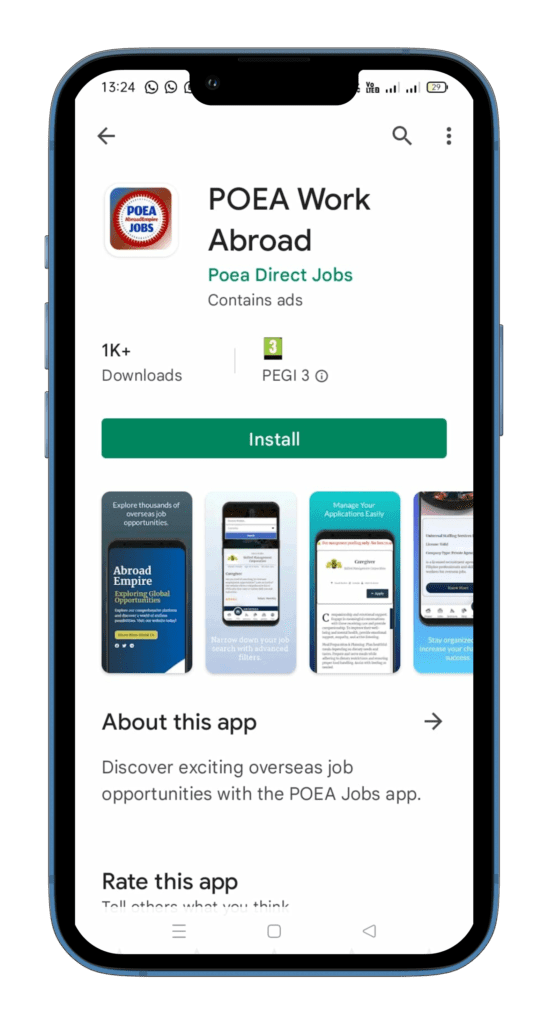Immigration, Refugees, and Citizenship Canada (IRCC) has embarked on a series of changes set to impact all newcomers to Canada in 2024.
As outlined in the Immigration Levels Plan for 2024-2026, Canada is targeting the admission of 485,000 permanent residents (PRs) in 2024. Accompanying this heightened immigration level, Canada is poised to introduce updates across various programs and harness Artificial Intelligence (AI) to enhance the efficiency of the client experience.
Modifications to the Express Entry System
In 2023, IRCC initiated category-based Express Entry draws to identify foreign nationals best suited to address Canada’s critical labor gaps and demographic needs. This strategic approach is designed to refine the immigration selection process.
Category-Based Draws Evolution
In its inaugural year of category-based draws, IRCC prioritized specific immigration candidates. These included individuals with French language proficiency and those with recent work experience in key industries like Healthcare, STEM (Science, Engineering, Technology, and Mathematics), Trades, Transport, and Agri-Food/Agriculture.
2024 Prospects: Reassessing Focus Categories
IRCC plans to continue category-based draws in 2024. However, the focus categories chosen for 2023 may be reassessed and potentially altered based on Canada’s evolving labor market needs. This opens the possibility for new sectors and proficiencies to become the focus of Express Entry draws.
Provincial Nominee Program Advancements
New Guidelines and Multi-Year Plans
Provincial Nominee Programs (PNPs) are set to play a significant role in Canada’s immigration landscape in 2024. The latest Immigration Levels Plan projects PNPs as the largest immigration pathway. Provinces now have new guiding principles for PNPs, and IRCC is introducing multi-year plans, offering provinces advanced knowledge of their 2025 allocations.
Enhanced Planning for Newcomers
These developments mean that individuals considering the PNP pathway will have a clearer understanding of their options, thanks to improved planning by regional governments.
Parents and Grandparents Program Expansion
In 2024, Canada aims to increase the admissions spaces for the Parents and Grandparents Program (PGP) to 32,000. Improvements in intake management and alignment of application inputs and outputs could lead to more successful PGP applicants in the coming year.
International Student Program Reforms
LOA Verification and PGWP Review
IRCC has launched a reformed Letter of Acceptance (LOA) verification system for the International Student Program. DLIs are now required to confirm every applicant’s LOA directly with IRCC. Additionally, a review of the Post-Graduation Work Permit (PGWP) program is expected to introduce reforms aligning it with the country’s labor market needs and Francophone immigration goals.
Future Changes in Canadian Immigration
Digital Transformation Initiatives
To enhance competitiveness for global talent, IRCC is committed to increasing the use of technology and AI in immigration processes. This digital transformation aims to reduce processing times, improve service standards, strengthen partnerships, and make applications more user-friendly.
IRCC Advisory Board and Chief International Talent Officer
IRCC is establishing a new advisory board, inclusive of individuals with lived immigration experience, to strengthen policy and program development. Additionally, the introduction of the Chief International Talent Officer (CITO) will focus on aligning Canada’s immigration system with national labor market and sectoral strategies. Prospective immigrants in 2024 and beyond should stay informed about these developments once the CITO is appointed.

